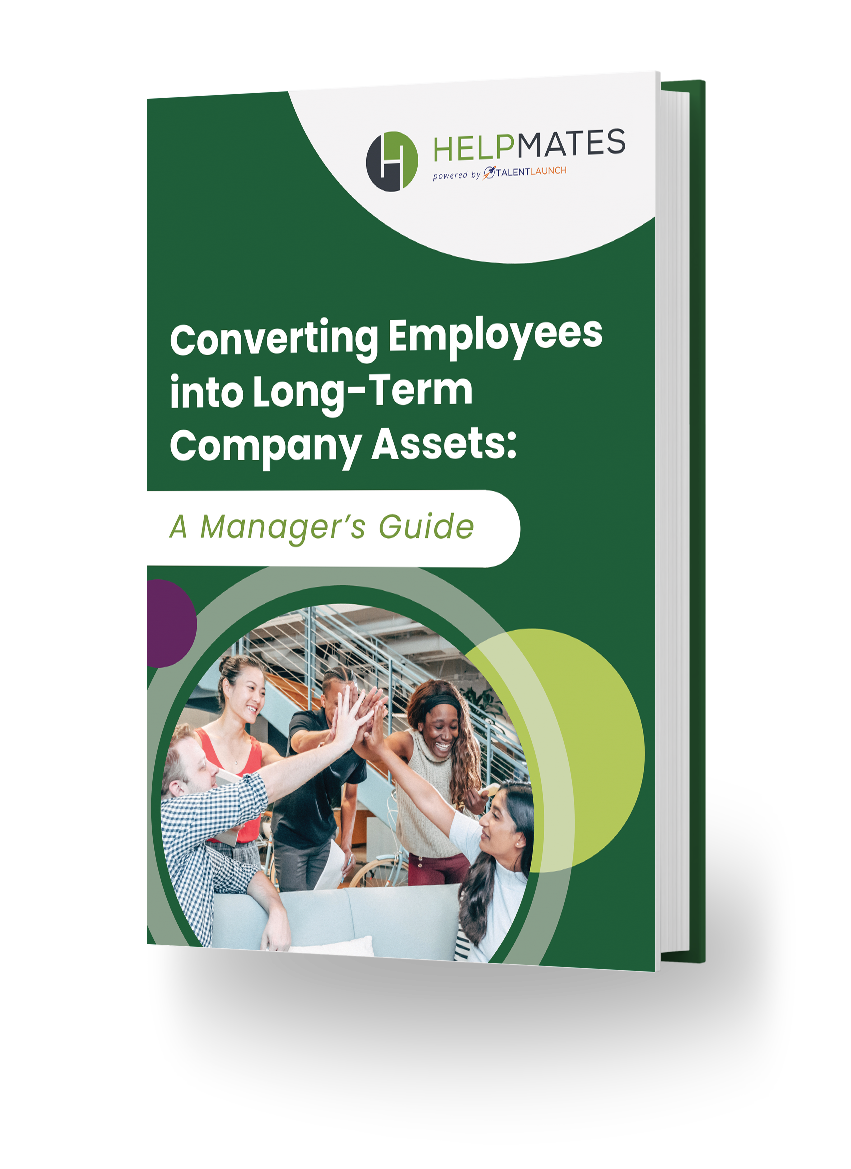You’ve no doubt heard it often: Millennials want to be groomed for advancement while members of Generation X are wanna-be entrepreneurs. And Boomers? They’re definitely not shy about challenging authority.
Pretty much accepted as true among most is that the generations are very different, so much so that entire books are written about how they can get along when working together.
But are they really? We believe the generations coming together in today’s workplace are more alike than they are different. Hear us out below.
- Someone may be a Boomer but not remember the Beatles’ heyday.
What we mean by this is that each generation is about 20 years in length: Boomers, for example, are those born between 1946 and 1964 while Generation X generally is believed to be those born between 1965 and 1980. So a Boomer born in 1957 is going to have a very different cultural experience than her older counterpart born in 1947. The younger boomer may very well have a life experience more in common with a Generation X-er born in 1965 than an older Boomer.
A 1957 Boomer with an older sister may well remember her sister’s excitement about the Beatles coming to America (1964) when the Boomer would have been 7. But a 1957 Boomer with only younger siblings may not have experienced their music possibly until the band already had broken up (1969, when the Boomer would have been 12 and in middle-school) because there was no one in the house going nuts over them when she was younger.
Our point? Our outlooks and experiences in life often come about due to our family circumstances rather than our age. Older siblings give us entre to things four-year-olds otherwise wouldn’t be aware of. Even stations such as Nickleodeon and now Netflix have for years shown old television shows such as the The Dick Van Dyke Show, The Andy Griffith Show and others to generations far too young to have seen them when first aired; yet later generations, too, have them as cultural touchstones. And what Generation X-er and Millennial haven’t bonded over their mutual love of Sesame Street (which first aired in 1969 and continues strong today)?
What’s more members of a generation born at each “end” more than likely have more in common with someone born a few years before or later, even if that individual is in a different “generation.” After all, a 10-year-age difference among any member of any generation is a much harder gap to close than the gap between someone five years younger older.
In other words, you may be surprised how much in common you have with a co-worker of a different generation.
(Here’s a fun quiz for everyone: How Millennial Are You? by the Pew Research Center. You may be surprised by how close to a different generation you are. For example, Dan Struve, our CEO, is a Boomer. He took the quiz and he scored an 80, making him pretty much a Millennial than a Boomer when it comes to activities and outlook.)
- Technology is the great equalizer of generations.
In fact, could we all be becoming Millennials?
Millennials, conventional wisdom goes, are:
- Connected to their digital devices 24/7.
- Leave their employer quickly (they stay at a job two or three years, tops).
- They need constant feedback. And it better be of the positive variety!
- They require flexibility and choice.
- They want their work to have meaning and be of use to others in some way.
- They want opportunities for advancement.
Just like the post linked to above, we argue that all generations are like Millennials more than not when it comes to the above. Proof?
- The average individual checks his/her smartphone 10 times an hour. Notice the word “individual.” It’s not “Millennial.”
- People on average have been staying with employers for about five years or so for decades…since the 1980s.
- Everyone wants his manager to give feedback, but managers who don’t give enough of it don’t engage 98 percent of their employees. And none of us wants negative feedback.
- Who doesn’t want more work/life balance and flexibility? Workers around the world want more flexibility!
- Millennials don’t control market on wanting their work to have meaning and a bigger purpose: all generations do.
- What’s the top reason employees of all ages leave a company? They believe there’s little or no opportunity for advancement.
No one likes to be stereotyped; all of us think we are the exception to any “rule” and wish to be treated as individuals.
When you need help finding great people to work in your company or department, call upon Helpmates. We can help you find great people to help your company reach its goals.







